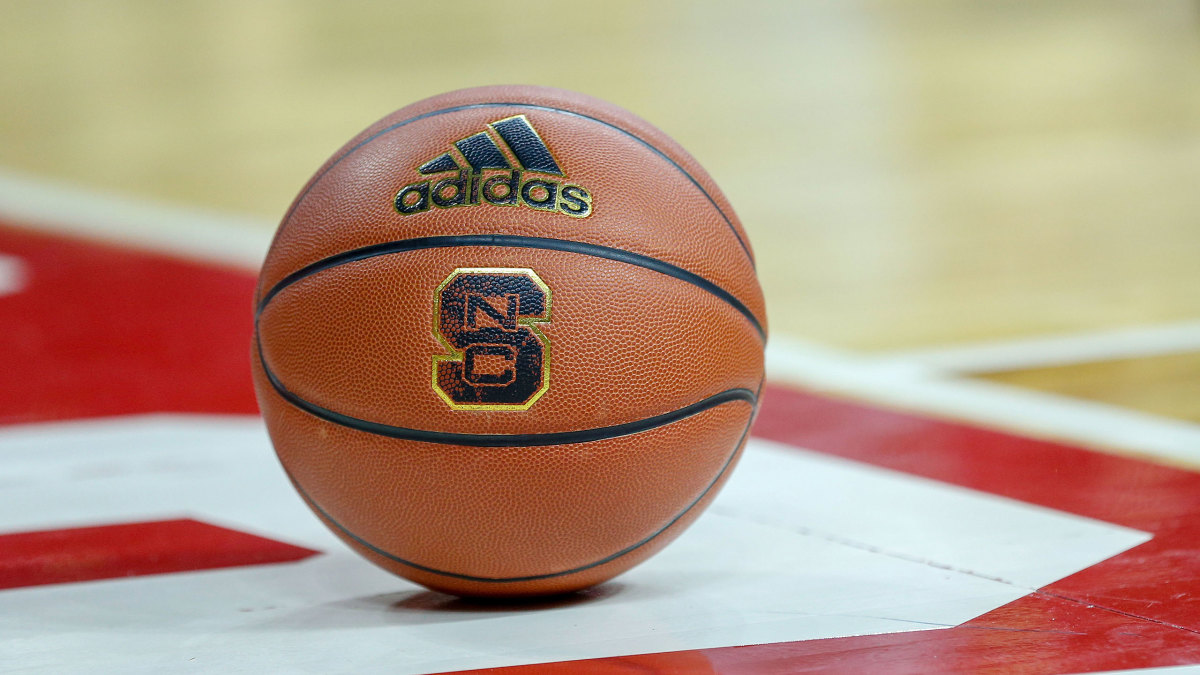Amid Contentious Exchange With NCAA, NC State Hoops Case Moves to Independent Review
North Carolina State and the NCAA Committee on Infractions cannot get along. Amid increasingly rancorous rhetoric from both sides, the men’s basketball case against the Wolfpack is heading to the adjudicative “off ramp.”
At the request of NCAA COI chair Carol Cartwright and with the “reluctant” agreement of the school, the case involving a $40,000 payment allegedly to secure the 2015 commitment of former five-star guard Dennis Smith Jr., will be headed to the new Independent Accountability Resolution Process. This will be the second case to be resolved outside the traditional peer-review structure, following a Memphis men’s basketball case earlier this year.
The IARP involves outside advocates and investigators in the basic roles of defense (NC State) and prosecution (NCAA Enforcement). An independent panel will conduct a hearing with both parties and then issue a ruling.

On Wednesday, NC State publicly revealed its acceptance of Cartwright’s petition to reroute the case. In doing so, the school released both Cartwright’s original petition and its own response. The documents make clear the substantive divide between the two parties.
Cartwright described NC State’s response to its 2019 Notice of Allegations as being “full of adversarial positions, (and) fulsome attacks on the process.” She also said the school and its former coach, Mark Gottfried, had a “lack of acceptance of the core principles of self-governance and the membership’s infractions process through adversarial posturing that goes beyond simple disagreement and advocacy.”
The school fired back in its acceptance letter of the off-ramp option: “By submitting a referral petition that prejudges open issues of fact, uses legitimate procedural inquiry as a basis for an adverse finding against NC State, and pushes a member institution into a process that causes it to lose a substantive right, the COI has not been faithful to the principles of fairness. … We question the COI’s objectivity because it took legitimate issues of fact and procedural concerns as inappropriate challenges instead of an opportunity for discussion and resolution.”
While accepting this independent resolution option, NC State has requested one change to the established protocol: an avenue for an appeal of the ruling. The IARP process currently has no appeal mechanism.
“(B)y conceding to referral, NC State does not concede its substantive right to appeal,” the school noted. “Further, in light of the various concerns described herein, NC State also reserves all rights and remedies, both within and outside of the NCAA structure."
The last sentence doesn’t specifically raise the specter of a lawsuit, but it seems implied.
This new direction likely ensures that the first school to be charged by the NCAA after the Southern District of New York corruption trials will not be the first one to have its case resolved. At one point in mid-December, the case was scheduled for a Feb. 28 Committee on Infractions hearing and—in a world without a global pandemic—a ruling right around this time. Instead, that timeline was delayed at the request of Gottfried. Now, there is no firm timetable for when a hearing will occur or a ruling will follow.
In July 2019, NCAA Enforcement levied four charges against NC State and two of its former coaches, Gottfried and assistant Orlando Early. The key issue is the $40,000 payment, which originated with onetime Adidas bag man T.J. Gassnola.
Gassnola testified in one of the federal college basketball corruption trials that he flew to Raleigh, N.C., in November 2015 and gave the money to Early, who was supposed to pass it to Shawn Farmer, a trainer for Smith and intermediary between the family and NC State. NCAA Enforcement obtained phone records for the involved parties and noted consistent communication around the time of the transaction between Gassnola and Early. On Nov. 2, 2015, the day Gassnola said he delivered the money to Early’s house, Gassnola had a six-minute phone conversation with Gottfried.
NCAA Enforcement said Gassnola introduced Farmer to NC State coaches in February 2015. In the five months prior, Early had never called Farmer. From February to November 2015, Early and Farmer called each other 409 times.
Particularly at issue are two things: whether Gassnola’s court testimony can be imported as fact; and a disagreement between the NCAA and NC State over whether Adidas and Gassnola are “boosters” of the men’s basketball program. Those issues will now have to be settled by a new cast of characters, with an uncertain timetable.
